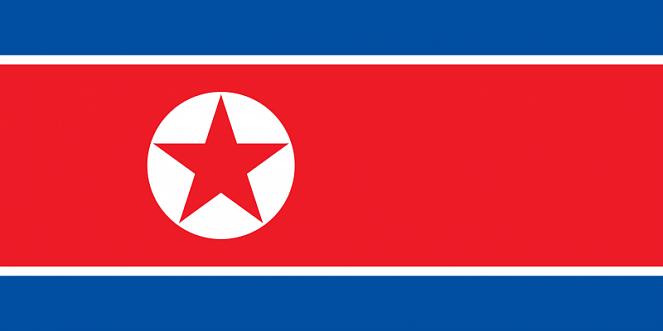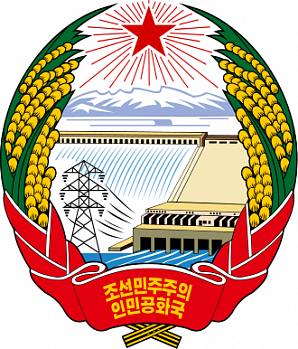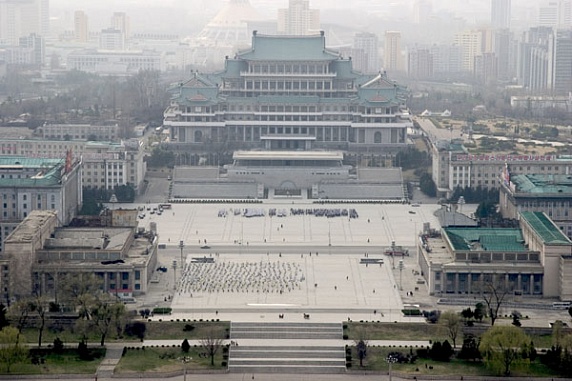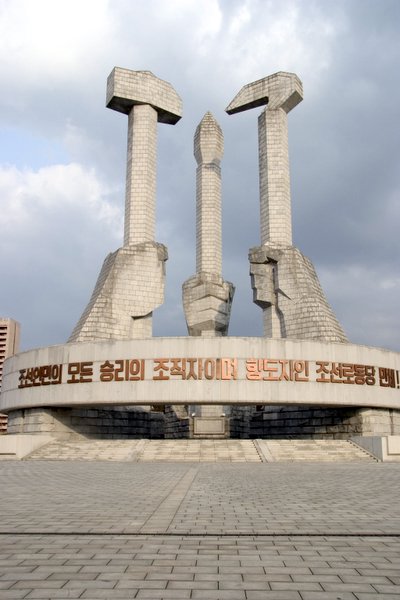 Корейская Народно-Демократическая Республика
Корейская Народно-Демократическая Республика
Joint statement by the Russian and Chinese foreign ministries on the Korean Peninsula’s problems
The Russian Federation and the People’s Republic of China are the Korean Peninsula’s neighbours, therefore the development of the situation in the region concerns the national interests of both countries. Russia and China will closely coordinate their efforts in order to promote a complex solution to the Korean Peninsula’s problems, including that of the nuclear issue, for the sake of achieving a lasting peace and stability in Northeast Asia. In the spirit of strategic cooperation the foreign ministries of Russia and China (hereinafter referred to as Parties) state the following:
1. The Parties are seriously worried by the Democratic People’s Republic of Korea (DPRK)’s statement of July 4, 2017 about a ballistic missile launch and consider this statement unacceptable and in disharmony with the relevant UN Security Council resolutions.
2. The Parties express serious concern about the development of the situation on the Korean Peninsula and around it. Mounting political and military tension in that region, fraught with the eruption of an armed conflict, are calling on the international community to adopt collective measures to settle the situation peacefully through dialogue and consultations. The Parties oppose any statements or moves that might escalate tension or aggravate the contradictions and urge all countries concerned to maintain calm, renounce provocative moves or bellicose rhetoric, demonstrate readiness for dialogue without preconditions and work actively together to defuse tension.
3.The Parties are putting forward a joint initiative, which is based on the Chinese-proposed ideas of “double freezing” (missile and nuclear activities by the DPRK and large-scale joint exercises by the United States and the Republic of Korea) and “parallel advancement” towards the denuclearisation of the Korean Peninsula and the creation of peace mechanisms on the peninsula, and the Russian-proposed stage-by-stage Korean settlement plan.
The Parties propose the following:
The DPRK, by way of a voluntary political decision, announces a moratorium on the testing of nuclear explosive devices and ballistic missile tests, and the United States and the Republic of Korea should, accordingly, refrain from large-scale joint exercises. Simultaneously, the conflicting parties begin talks and assert common principles of their relations, including the non-use of force, the renunciation of aggression, peaceful coexistence and determination to do all they can to denuclearise the Korean Peninsula with a view to promoting a complex resolution of all problems, including the nuclear issue. During the negotiating process, all parties concerned push forward, in a format suitable to them, the creation on the peninsula and in Northeast Asia of a peace and security mechanism and consequently normalise relations between the countries in question.
The Parties urge the international community to support the aforementioned initiative that paves the real way for resolving the Korean Peninsula’s problems.
4.The Parties are resolutely committed to the international non-proliferation regime and are firmly aimed at the denuclearisation of the Korean Peninsula and a comprehensive and full implementation of the relevant UN Security Council resolutions. The Parties intend, jointly with other parties concerned, to continue making efforts to facilitate the balanced removal of the existing concerns via dialogue and consultations.
The Parties confirm that the DPRK’s justified concerns should be respected. Other states must make relevant efforts to have talks resumed and jointly to create an atmosphere of peacefulness and mutual trust.
The Parties are calling on all parties involved to comply with the commitments formulated in the Joint Statement of September 19, 2005, and to re-launch, as soon as possible, the dialogue on the comprehensive resolution of problems on the Korean Peninsula. Any possibility of using military means to solve the problems of the Korean Peninsula should be ruled out.
5. The Parties express support for the North and the South of the Korean Peninsula to conduct dialogue and consultations, display benevolence towards each other, improve relations, cooperate in the matter of a peaceful settlement, and play a due role in defusing the situation on the Korean Peninsula and in resolving its problems in a proper manner.
6. The Parties confirm that they are paying sufficient attention to the maintenance of the international and regional balance and stability, and emphasise that allied relations between separate states should not inflict damage on the interests of third parties. They are against any military presence of extra-regional forces in Northeast Asia and its build-up under the pretext of counteracting the DPRK’s missile and nuclear programmes.
The Parties confirm that the deployment of THAAD antimissile systems in Northeast Asia is inflicting serious damage on strategic security interests of regional states, including Russia and China, and does nothing to help achieve the aims of the Korean Peninsula’s denuclearisation, nor to ensure peace and stability in the region.
Russia and China are against the deployment of the said systems, call on the relevant countries to immediately stop and cancel the deployment process, and have agreed to adopt the necessary measures to protect the two countries’ security interests and to ensure a strategic balance in the region.
This statement was signed on July 4, 2017, in Moscow.
For the Ministry of Foreign Affairs For the Ministry of Foreign Affairs
of the Russian Federation of the People’s Republic of China











